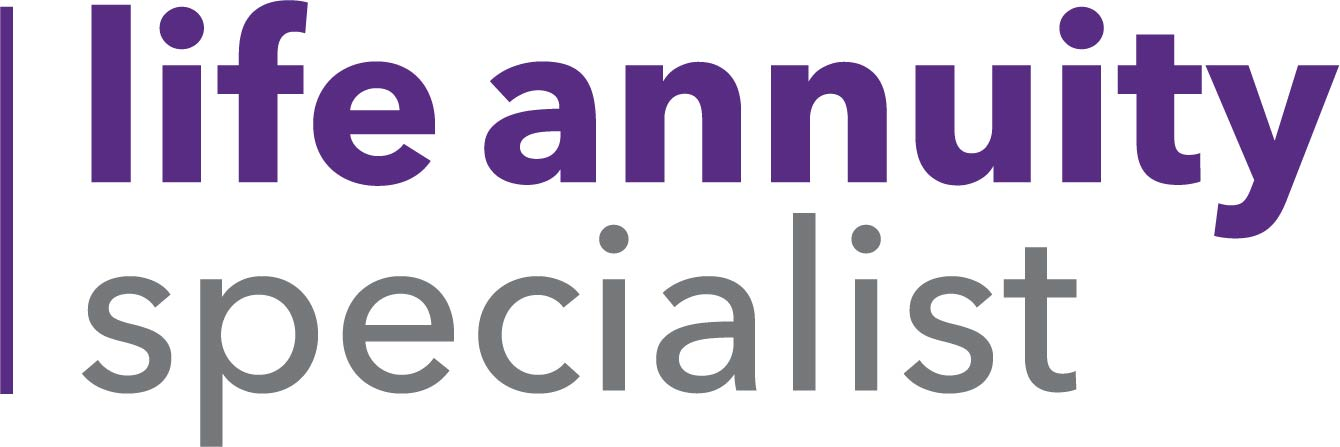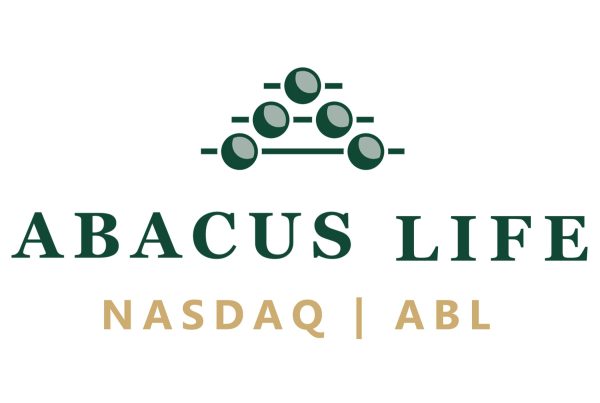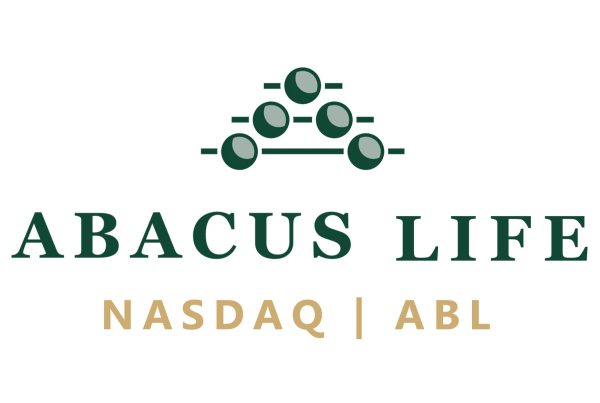
By Warren S. Hersch July 30, 2021
Relations between life insurers and life settlement companies have historically been roiled by opposing interests. A partnership between the two sides would seem as unlikely as Exxon Mobil joining forces with Greenpeace.
Still, that’s not stopping Jay Jackson, CEO of Abacus Life Settlements. He thinks the antagonists can work together. Life settlement companies like his can use their underwriting insights to help insurers optimize or better manage life insurance on their books, according to Jackson.
He cautions that his idea hasn’t gotten past the concept phase. He sees the life settlement company identifying policies that should be targeted for an enhanced cash surrender offer, where a person’s health makes it likely that a death benefits claim will be led sooner rather than later.
Life insurers haven’t bought into the idea yet, said Jackson, but he thinks it may come to fruition in the future, as it will allow policyholders to secure in cash, the market value of their contracts.
“My goal is to educate people that this financial option exists,” he says. “From my perspective, the best way to do that is to have a carrier actually on board.”
Let us Buy Back Your Policy
Carriers that have debuted enhanced cash surrender value programs include Lincoln National and John Hancock. Lincoln offered this option to holders of its 2007 and 2009 Life Guarantee
universal life products under a program that ran through February of this year, according to a document obtained by Life Annuity Specialist.
John Hancock’s offer to one holder of a Flexible Premiums Adjustable life insurance product, which remains active through Sept. 30, would pay out $360,601 on a contract that otherwise would yield a cash surrender value of $19,037, according to a copy of the document obtained by Life Annuity Specialist.
Jackson said the problem is carriers offer the deal to all holders of a block of policies. But some of those contracts, he argues, would be better off if they remained on an insurer’s books. A person in good health could continue paying premiums for many more years.
“You don’t have to collapse the whole book,” said Jackson, referencing the blocks of policies. “You should only collapse the part of the book that you deem is at highest risk.”
He thinks the partnerships would allow consumers to get more cash for their policies than what an insurer would offer, based on a new underwriting assessment. It could also address a major concern of the insurer: a life settlement company making a superior offer for policies, holding them until ready to file a claim, then receiving the death benefit on policies where the insurer was anticipating a lapse in coverage.
He envisions the life settlement company receiving a fee for managing the policy buyback process.





